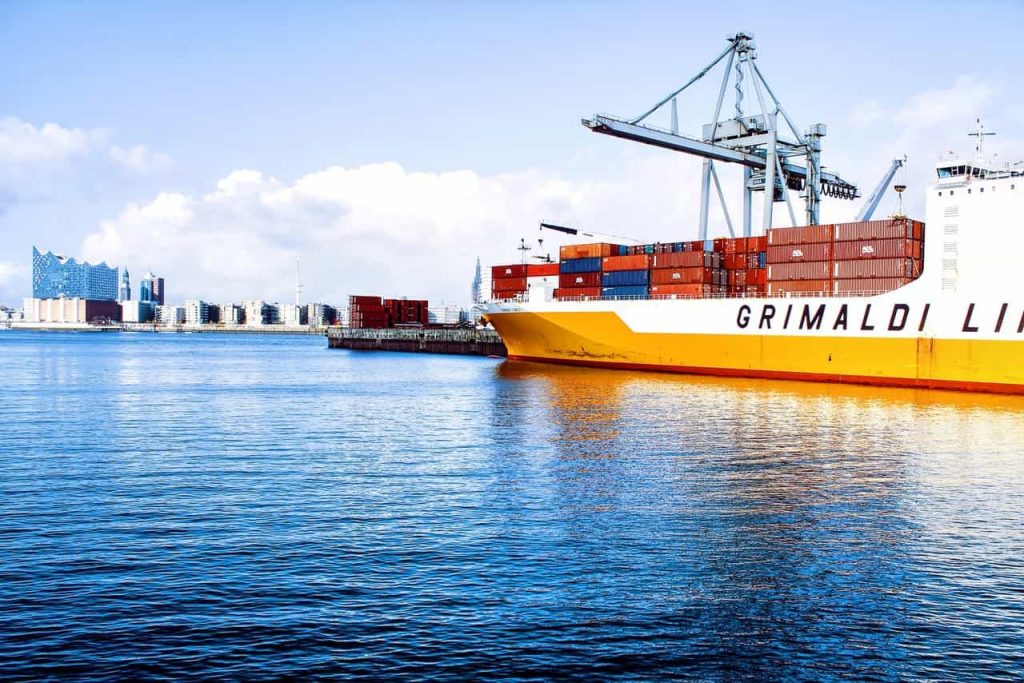Purchasing from China
Tim Jones looks at the issues with regards to purchasing from China
In today’s modern, global world a lot of Western businesses are making use of the very inexpensive goods and commodities on sale in China. With some goods available for a mere fraction on what you would pay in the West, the temptation to purchase from China is perhaps obvious, even more so in today’s world where cash flow, or lack of it, seems an all too common phenomenon.
With such goods typically available on E-Commerce websites like Alibaba and AliExpress doing business with Chinese companies has never been easier although there are certain things the uninitiated need to be aware of when striking these deals. In this article we look at what these might be.
FOB/ex-Works
One of the first things to be aware of is that when buying from China there are two types of prices – FOB (free on board) and ex-Works. FOBs are typically more expensive as the manufacturers not only make the product, but then deliver it to a Chinese dock and load it into a ship, from where it will go to its destination country.
With the ex-Works option, the manufacturers simply make the product and then it is up to you to make arrangements for collecting the product from the manufacturer themselves. This is an important consideration.
MOQ & Compliance
Chinese manufacturers often have a minimum order quantity (MOQ), so this is something you will always have to ask about. Jim Palmer, an expert in this field advises to always begin negotiations with this question as different quantities obviously have different prices, and there is always room for negotiation.
The other issue of major importance is that of compliance [https://cemarking.net/importing-china-dont-neglect-certification-requirements/]. Is the company you are buying from set up to conform with the rules and regulations of the UK market? In a country that does much of its business with the Western World, this is something most Chinese manufacturers are used to – but it’s your job to make them aware of where the goods will be sold. Many Chinese companies are used to making products that comply with the US market – but don’t assume that’s more or less the same as the UK market. The two markets are entirely different and regulations pertaining to one might not necessarily pertain to the other.
Payment
Another issue is how you pay. There are two options here:
The first is via TT (Telegraphic Transfer) which you can do in your local bank. There is a fee involved and the transaction is in US dollars – which tends to be the favoured currency of Chinese manufacturers.
The other simpler, quicker and actually cheaper, option is Pay Pal. There is typically an export charge but most manufacturers will make a point of waiving this to get the business.
Another issue is that most, if not all, manufacturers will ask for the payment up front. According to Jim Palmer, this is something you should “never” agree to, and you should be able to reach a reasonable compromise – say paying something between 20-50% up front, with the balance being paid once then product has been completed and is ready to be shipped so always check the lead time.
There’s always scope for negotiation with Chinese manufacturers, so you might as well make a point of asking for a lower price. After all, they can only say no.
Obviously buying from China entails paying a whole host of costs based on getting the product to the UK – not just shipping costs but also VAT, duty, customs etc. http://www.thesourcingblog.com/import-from-china-to-uk. As a general rule you should add as much 40% to what you are paying, so obviously these factors need to be taken into consideration when working out your budget.
Shipping
One of the golden rules of shipping is to get a good shipping agent. They will arrange to take possession of the goods you have purchased in China. These agents will be Chinese or will have Chinese contacts so will understand the language and customs, and will be able to negotiate good rates with regards to getting the goods to the UK.
Customs
Before the goods arrive in the UK, they will need to clear customs, which means they must be compliant with the rules and regulations affecting the UK market. Although it’s largely dependant on the item you are having shipped, you should add about 10% to your overall cost for duty and then on top of that you need to add VAT at 20%. Both have to be paid before your goods are released.
VAT
If you plan to claim for VAT – as most businesses do – it is essential that you follow the following procedure. Firstly, as is fairly obvious, you need to be VAT registered (if you’re turnover is more that £82,000) although the process of submitting your form is different when dealing with imported goods. Before they arrive, you need to be registered as an importer, which entails getting what’s known as an EORI registration from HMRC Customs – which incidentally you need to be VAT registered to apply for.
You can do this online at the HMRC website and the process takes no longer than a few weeks, although it’s advisable to do this whilst you are shopping for goods, as opposed to when waiting for them to arrive. The essential thing is that if you allow goods from abroad to come to you and you aren’t registered, you won’t be able to claim back the VAT.
Again, if you plan to go down the Shipping Agent route, this is something they can help you with but you must sort the registration yourself.
Final destination
Once all import duties and customs taxes have all been paid, customs can start the process of shipping the goods to their final destination – you. This is of course presuming that the goods comply with the UK market (see above), which is another consideration it pays to be wise about. Provided they do you should receive your goods 3-4 days after their arrival in the UK.
With the ever-growing global market, buying goods from China is a phenomenon that will only increase in recent years, but it literally pays to be aware of the potential pitfalls and challenges when it comes to buying from that market.
Related Posts
March 25, 2022
How to Trust your Intuition when You’re Making a Decision
When you are alone for days or weeks at a time, you eventually become drawn to…
March 22, 2022
Everyday inspired by the Beauty of the Mountains
Last year I wrote about why booking too far in advance can be dangerous for…
March 20, 2022
How to Appreciate the Little Things in Life and be Happy
Just the other day I happened to wake up early. That is unusual for an…



